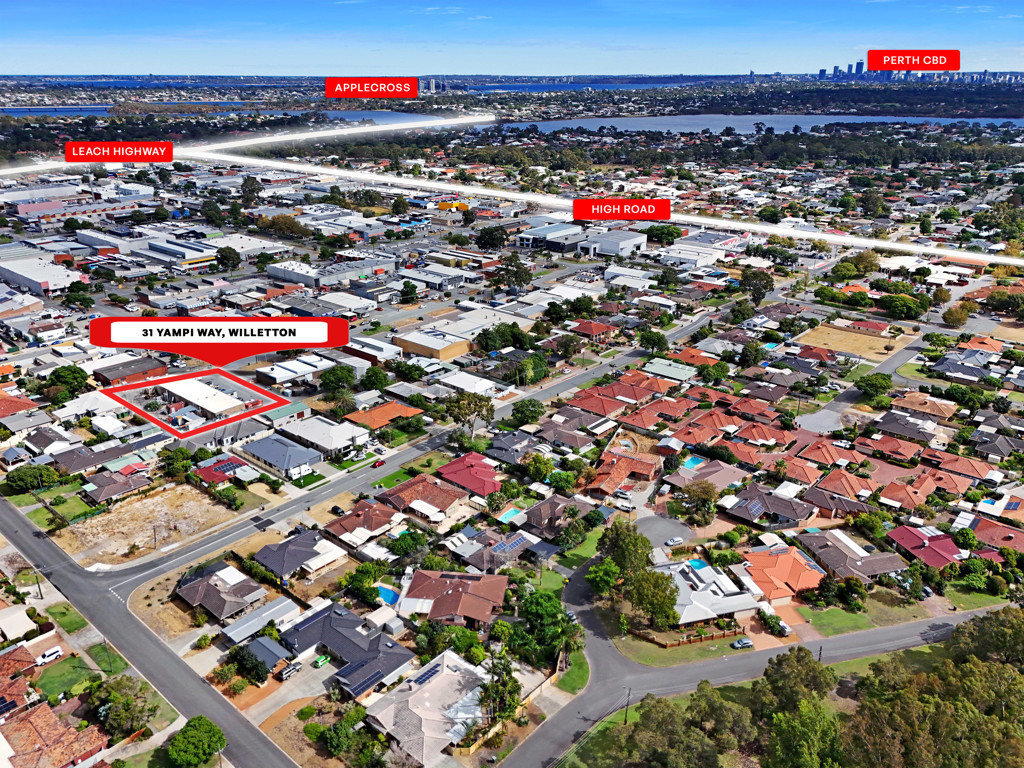Navigating the Market: How to Get Industrial Properties up for sale
Navigating the facility landscape of industrial home acquisition calls for a methodical strategy that includes different important aspects. Understanding the nuances of different residential or commercial property kinds, alongside present market dynamics such as openings rates and rental rates, is essential for making informed financial investment choices.
Comprehending Commercial Home Types
Recognizing the different kinds of commercial residential properties is vital for making educated financial investment choices. Business property encompasses a varied variety of property types, each with distinct characteristics and financial investment potentials. The key groups consist of office buildings, retail areas, industrial buildings, multifamily residential devices, and special-purpose centers.
Office buildings are generally classified right into central enterprise zone (CBD) workplaces, suburban workplaces, and medical offices, providing to different business needs. Retail spaces include shopping mall, standalone shops, and mixed-use advancements, intending to draw in customers and create foot website traffic. Industrial residential or commercial properties, including storage facilities and producing centers, emphasis on storage, circulation, and manufacturing activities.
Multifamily properties, such as apartment or condo facilities, give crucial real estate options while yielding rental income. Special-purpose residential properties include hospitals, resorts, and schools, serving particular functions and frequently calling for specialized monitoring.
Understanding these categories allows financiers to straighten their economic objectives with the suitable building kind, analyze prospective dangers, and review market demand. Ultimately, a thorough knowledge of commercial home types is essential for navigating investment chances efficiently and taking full advantage of returns.
Researching Market Trends
After acquainting oneself with the different types of commercial homes, the next step involves investigating market trends that affect financial investment decisions. Recognizing these patterns is important for making educated options and maximizing returns. Key indications to examine consist of openings rates, rental prices, and residential property appreciation or depreciation trends within the targeted market.
Begin by assessing regional economic conditions, as factors such as employment prices, population development, and facilities development can considerably affect business property demand. In addition, look at customer habits fads, which can determine the success of particular property kinds, such as retail versus office.
Use respectable sources for market information, including property reports, industry publications, and city government stats. Networking with genuine estate experts, participating in market conferences, and signing up with local business associations can supply beneficial insights into arising fads and possibilities.
Reviewing Place and Ease Of Access

Additionally, take into consideration the proximity to crucial facilities, consisting of financial institutions, restaurants, and retail establishments, which can improve the total appeal of the location. The top quality of framework, such as roads and vehicle parking centers, additionally plays a significant duty in accessibility. A properly maintained building in a tactically located location can produce better rois and lower job rates.

Financing Your Purchase
Securing financing for a business building acquisition is an essential step that can significantly affect the overall success of your financial investment. The financing landscape for industrial realty differs Our site significantly from domestic choices, necessitating a clear understanding of your choices.
First, take into consideration standard financings, generally offered by financial institutions and lending institution, which require a strong credit rating, a considerable down payment, and evidence of income. These financings often have competitive rates of interest yet can involve strenuous underwriting procedures.
Additionally, discover Small company Administration (SBA) fundings, which provide particularly to small company proprietors seeking to get commercial residential or commercial properties. These financings feature reduced down repayments and longer settlement terms, making them an appealing option for several investors.
An additional opportunity is private funding or collaborations, where financiers why not check here merge sources to share the economic burden and risks. This can be advantageous for those without ample capital or credit report.
Finally, ensure you perform a thorough economic evaluation and project future profits streams to identify the most appropriate financing structure. Thoughtful preparation in this phase will lay the groundwork for a successful business residential property financial investment.
Discussing the Acquisition Contract

Key components to focus on include the purchase cost, contingencies, and shutting timeline. Developing a fair purchase rate requires complete market study and an in-depth assessment of the property's worth. commercial property for sale in melbourne australia. Contingencies, such as financing, property inspections, or ecological evaluations, are critical as they secure the customer's interests and give a chance to renegotiate if concerns emerge
Additionally, the closing timeline need to be equally set, making certain both celebrations have adequate time to fulfill their obligations. Clear communication throughout the negotiation procedure is vital; misconceptions can bring about hold-ups and disputes.
Verdict
In final thought, effectively browsing the marketplace for business buildings available for sale necessitates a detailed method that encompasses understanding home types, examining market trends, and reviewing location variables. Securing ideal funding is website link vital to establish a strong foundation for financial investment, while efficient negotiation of the purchase arrangement makes certain protection of rate of interests throughout the purchase. By sticking to these critical steps, financiers can enhance their capacity for success in the affordable landscape of commercial realty.
Comprehending the various kinds of business homes is necessary for making enlightened financial investment choices. Business actual estate incorporates a varied range of residential or commercial property kinds, each with special features and investment potentials.After acquainting oneself with the various types of commercial residential properties, the following step involves researching market patterns that affect financial investment decisions. commercial real estate for sale. Ultimately, a comprehensive assessment of place and access will certainly aid make sure that the commercial residential property straightens with your investment objectives and market demands
In final thought, effectively navigating the market for industrial residential properties for sale necessitates an extensive approach that includes understanding residential or commercial property kinds, examining market trends, and examining location aspects.